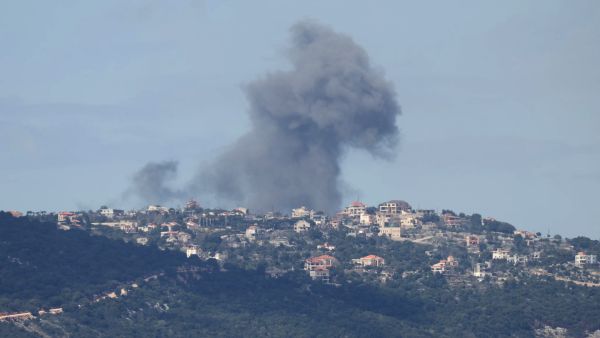ALBAWABA - Late Friday, the Israeli military acknowledged that it had carried out attacks on vital military facilities inside two Syrian military bases: the T-4 military airport in central Syria and the historic city of Palmyra (Tadmur).
At least two members of Syria's Ministry of Defense were wounded in the attacks, according to those who talked to Al Jazeera.
“Earlier today, the Israeli army carried out targeted strikes on strategic military assets still operating within Syrian army bases located in Palmyra and the T-4 airbase,” the Israeli Defense Forces (IDF) said in an official statement. No further information was given.
A video footage of the attacks was also made public by the IDF on its official X account, which was once Twitter. The Syrian government has not responded formally as of Saturday morning.
These assaults follow a pattern of almost daily Israeli bombings on Syrian territory that dates back many months. In addition to destroying military hardware, ammunition supplies, and infrastructure, several of these attacks have resulted in civilian fatalities.
President Ahmad al-Sharaa's new administration in Syria has neither threatened Israel or made any hostile remarks in response to the continued Israeli attacks. But in an area already adjusting to significant political upheavals, the strikes exacerbate already existing tensions.
The most recent events are after the fall of Bashar al-Assad's government in December 2024, which signaled the end of fifty years of Assad family leadership and sixty-one years of Baath Party dominance.
After the government transition, Israel—which has controlled the majority of the Golan Heights since 1967—expanded into the Syrian buffer zone and proclaimed the 1974 disengagement agreement between the two nations to be void.










